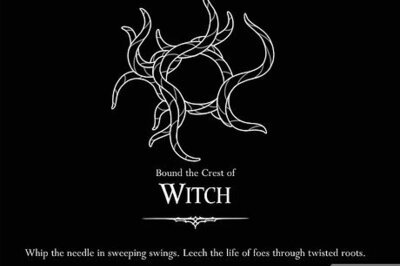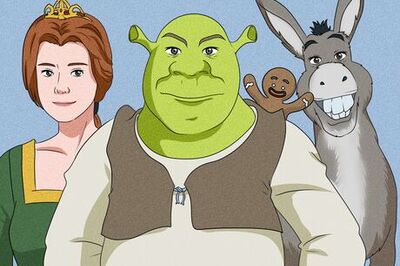
views
The emergence of Artificial Intelligence (AI) has no doubt changed the shape of the internet world. One of the byproducts of this technology is the AI chatbot, a system that uses machine learning to simulate human-like interactions with users.
To comprehend a user’s question, the software analyses previous conversations, customer service records and other data by employing analytics and predictive intelligence.
Chat GPT is one such widely popular AI Chatbot available on the internet at present. Launched by Open AI in 2022, the chatbot is capable of generating written content based on the command. Chat GPT can also help in answering questions, providing explanations, assisting with coding problems and translating texts. It hosts more than 100 million active users per week while the monthly count is over 180.5 million.
While Chat GPT continues to achieve new heights with every passing day, let’s take a look at some of its competitors:
Microsoft Bing:
Developed by Microsoft, this AI Chatbot is powered by an upgraded model of Chat GPT, which was initially called “Prometheus” but was later labelled as GPT-4. Apart from the Chat mode, the Bing app has several fascinating features such as conversation history and widgets. It also has the ability to decode images and reply accordingly.
Google Bard AI:
It is a conversational AI chatbot designed by Google. Bard AI is powered by the latest PaLM 2 LLM, an in-house next-generation language and conversational model. Unlike other AI Chatbots, Google Bard allows users to upload photos to analyse them. It even supports several extensions that help enhance the user experience.
Chatsonic:
Chatsonic works on integrated Google search, meaning it can dig out the internet to find the best answers to any question. As the Chatbot provides links to the sources, users have the option to double-check the facts. Chatsonic also has a built-in image generator, which can simulate super-fast output.
Claude 2:
This upgraded AI Chatbot has been developed by Anthropic with the support of Google. Instead of the traditional LLM model, Claude 2 is based on a collection of proprietary AI techniques such as neural networks and training data. It makes the software focus on natural and honest conversation.
Perplexity AI:
The concept of Perplexity AI is quite similar to Microsoft Bing, which merges a search engine experience with AI. The website was initially tested on OpenAI’s API. Besides generating texts and replying to messages, Perplexity AI has different threads to sort chats.



















Comments
0 comment